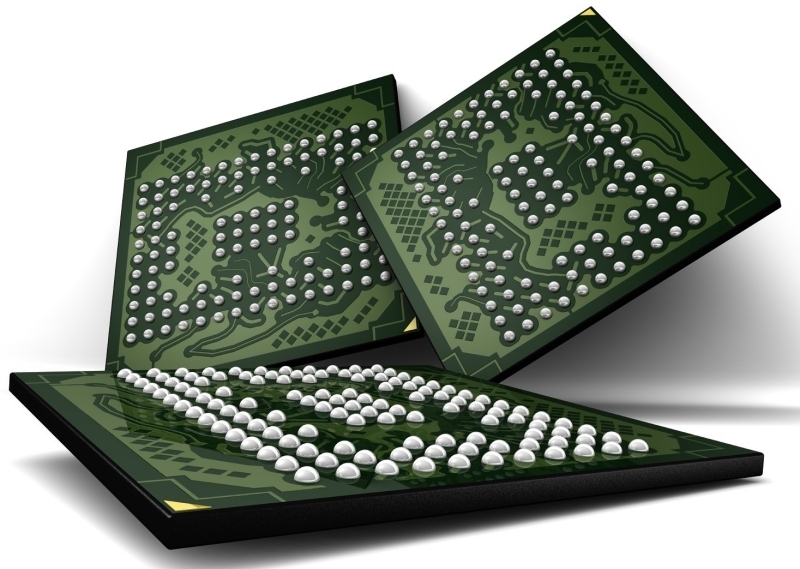
Hitachi Global Storage Technologies (HGST) has chosen the Flash Memory Summit and Exhibition in Santa Clara, California, to demonstrate a new type of solid state drive that replaces traditional flash memory with an emerging technology called phase-change memory.
As you might have guessed, the non-volatile storage powering their prototype SSD is ridiculously fast. Using a PCIe interface, the drive is able to deliver three million random read IOs per second in a queued environment and a random read access latency of 1.5 microseconds in non-queued settings.
For comparison, it takes NAND flash around 70 microseconds to respond to a request for data. As you can see, this performance is orders of magnitude faster than existing flash-based SSDs.
In a press release on the matter, HGST CTO Steve Campbell said the technology is the result of several years of research and development aimed at delivering new levels of acceleration for enterprise applications.
Dr. Zvonimir Bandic, manager of Storage Architecture at HGST, added that while three million IOPS is exceptional, the most exciting part of the demonstration is being able to deliver such quick latencies for small block random reads. It's something that just can't be done with NAND flash and current controller and interface technologies.
Unfortunately, this speedy new memory technology isn't quite ready for consumer applications. Ulrich Hansen, HGST's vice president of SSD product marketing, told PCWorld that it'll take two to three years of hardware development before phase-change memory gets dense and cheap enough to compete head-to-head with today's flash-based modules.